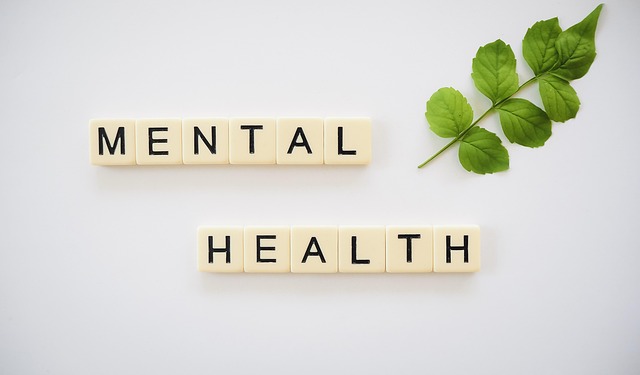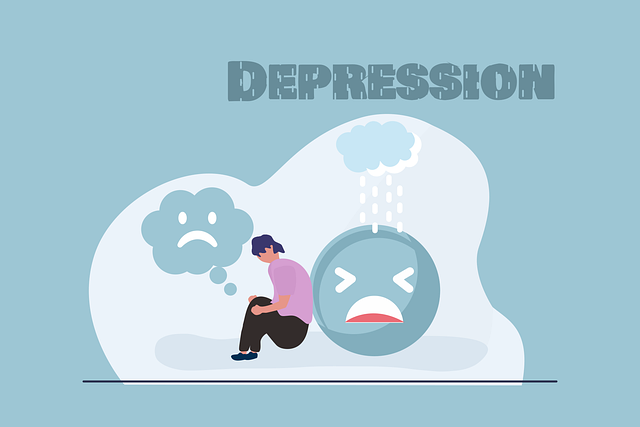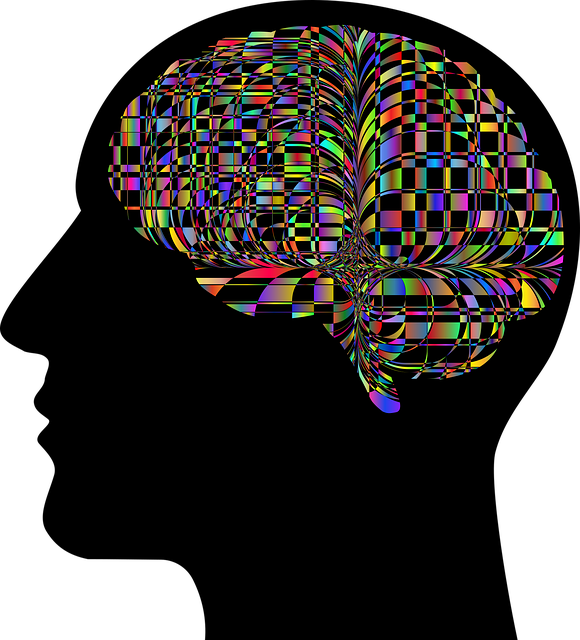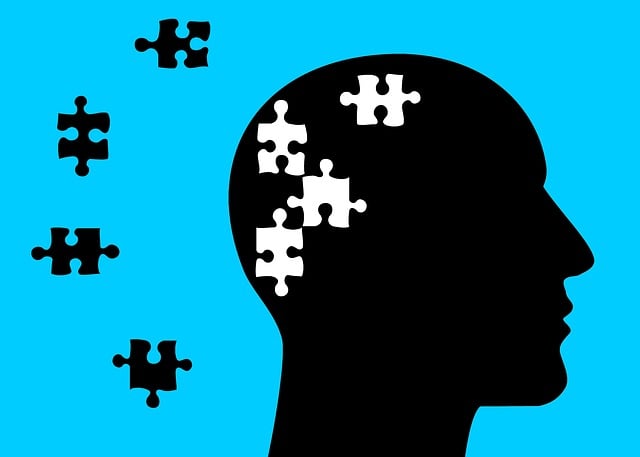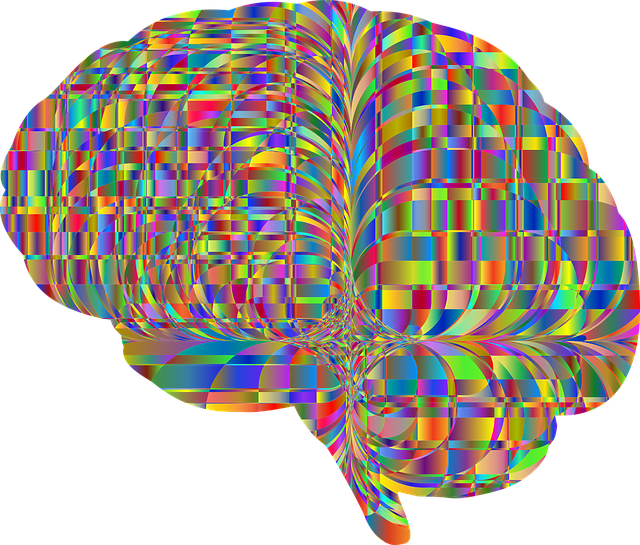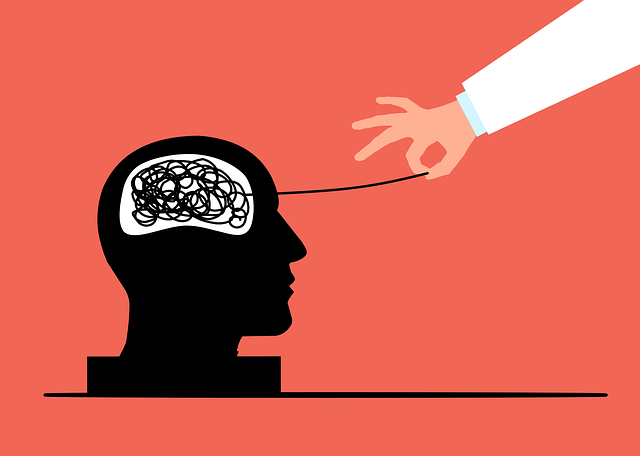Conduct disorder in young children is a complex mental health challenge often overlooked, characterized by aggression and defiant behavior. Early intervention is crucial for accurate diagnosis and improved outcomes. Effective therapies like cognitive-behavioral therapy (CBT) and parent training focus on emotional intelligence and empathy building. Integrating conflict resolution techniques and mental health education aims to reduce stigma and empower families. A comprehensive assessment framework combining behavioral observations, parent/teacher reports, and advanced psychometrics enhances diagnostic accuracy. Mental health professionals play a vital role in training and support systems, ensuring reliable diagnoses and effective therapy for young children with conduct disorder.
Mental illness diagnosis accuracy is paramount for effective treatment. This article explores efforts to enhance diagnostic precision, particularly focusing on conduct disorder in young children. We delve into the challenges of identifying this complex condition early and highlight the critical role of timely intervention. Additionally, we examine innovative therapies, emphasize the need for a comprehensive assessment framework, and discuss training programs aimed at empowering healthcare professionals to make more accurate diagnoses, especially in the context of therapy for young children with conduct disorder.
- Understanding Conduct Disorder in Young Children: Symptoms and Challenges
- The Importance of Early Intervention for Mental Health Diagnosis
- Innovative Therapies and Their Impact on Diagnosis Accuracy
- Building a Comprehensive Assessment Framework for Better Diagnosis
- Training and Support for Healthcare Professionals: Enhancing Diagnosis Skills
Understanding Conduct Disorder in Young Children: Symptoms and Challenges

Conduct disorder in young children is a complex mental health challenge that often goes undiagnosed or misconstrued. This disorder manifests through persistent patterns of aggression, defiant behaviour, and violations of rights of others, which can cause significant impairments in daily functioning. Early symptoms may include frequent arguments with adults, excessive argumentativeness, loss of temper, and deliberate annoyance of others. As the condition progresses, more severe behaviours such as physical aggression, destruction of property, and deceitfulness may emerge. The challenges in diagnosis stem from these symptoms often being transient or overlapping with typical childhood development, making it crucial for professionals to have a deep understanding of each child’s unique behavioural history.
Therapy for young children with conduct disorder focuses on improving emotional intelligence and empathy building strategies. The Mental Wellness Podcast Series Production highlights the importance of early intervention through evidence-based therapies like cognitive-behavioural therapy (CBT) and parent training programs, which have shown promising results in enhancing mental wellness. By teaching children to recognize and manage their emotions effectively, these therapeutic approaches aim to disrupt the cycle of disruptive conduct and foster healthier social interactions.
The Importance of Early Intervention for Mental Health Diagnosis

Early intervention plays a pivotal role in improving the accuracy of mental health diagnoses and enhancing treatment outcomes. When signs of mental illness are identified and addressed during childhood, it can significantly alter the trajectory of an individual’s mental health journey. Young children, especially those with conduct disorder, often display disruptive behaviors that may mask underlying emotional or psychological struggles. Effective early intervention strategies focus on providing therapy for young children conduct disorder to not only manage symptoms but also to foster healthy coping mechanisms and improve overall well-being.
By implementing evidence-based practices such as confidence-boosting communication strategies and teaching self-care routines, mental health professionals can empower children and their families. These interventions aim to strengthen family dynamics, improve child-parent interactions, and enhance the child’s ability to express emotions effectively. Such proactive measures not only accelerate the diagnosis process but also ensure that young individuals receive the necessary support at a critical stage in their development, setting them up for better mental health outcomes in adulthood.
Innovative Therapies and Their Impact on Diagnosis Accuracy

In recent years, innovative therapies have emerged as powerful tools to enhance mental illness diagnosis accuracy, particularly for young children. One such therapy gaining traction is the use of evidence-based practices tailored to specific disorders, such as Conduct Disorder in young children. These therapies focus on early intervention and utilize techniques like cognitive-behavioral therapy (CBT) and mindfulness training to address underlying behaviors and emotional regulation issues. By employing dynamic assessment methods, mental health professionals can gain a deeper understanding of a child’s functioning, enabling more precise diagnoses.
Furthermore, integrating conflict resolution techniques within these therapeutic frameworks has shown promise in improving diagnosis accuracy. Mental health education programs designed with an emphasis on community outreach and engagement aim to reduce the stigma associated with seeking help. Through these efforts, families and caregivers are empowered to recognize early signs of mental health issues and actively participate in evidence-based interventions. Additionally, policy analysis and advocacy play a crucial role in ensuring access to quality mental health services, fostering a more comprehensive approach to diagnosis and treatment.
Building a Comprehensive Assessment Framework for Better Diagnosis

In recent years, there has been a growing emphasis on building a comprehensive assessment framework to improve mental illness diagnosis accuracy, especially for young children. This approach recognizes that mental health issues in childhood can have profound and long-lasting effects on an individual’s life trajectory. By adopting a holistic perspective, professionals can more effectively identify and diagnose conditions such as Conduct Disorder, which often manifests during these formative years. The framework integrates various assessment tools and techniques, including behavioral observations, parent and teacher reports, and advanced psychometric measures, to capture the multifaceted nature of child development.
One key component of this enhanced diagnosis process is fostering inner strength and developing positive thinking skills in young individuals. This not only aids in better self-assessment but also empowers children to navigate challenges with resilience. Additionally, promoting mental wellness through evidence-based interventions can significantly improve diagnostic accuracy by addressing underlying emotional and psychological factors. These efforts collectively strive to ensure that therapy for Young Children Conduct Disorder is tailored, effective, and supportive of their overall mental health and development.
Training and Support for Healthcare Professionals: Enhancing Diagnosis Skills

Mental health professionals play a crucial role in accurately diagnosing mental illnesses, especially in young children. To improve diagnosis accuracy, extensive training and support systems are essential. This includes specialized workshops focused on identifying subtle symptoms, especially in conduct disorders commonly seen in children. Such training should cover various evidence-based practices, including social skills training, cognitive behavioral therapy techniques, and anxiety relief strategies.
Beyond skill development, ongoing supervision and peer review are vital. Risk management planning for mental health professionals can help mitigate potential errors or ethical dilemmas during the diagnostic process. By fostering a culture of continuous learning, these efforts collectively enhance the reliability and validity of mental illness diagnoses, particularly in complex cases like conduct disorders in young children, ensuring more effective therapy and improved patient outcomes.
The journey towards enhancing mental illness diagnosis accuracy, especially in young children with conduct disorder, involves a multi-faceted approach. By combining comprehensive assessment frameworks, innovative therapies like those tailored for conduct disorder, and robust training for healthcare professionals, we can significantly improve diagnostic outcomes. Early intervention remains paramount, as timely identification allows for more effective treatment planning. This holistic strategy not only benefits individual children but also contributes to a healthier, more supportive society for all young minds grappling with mental health challenges.

